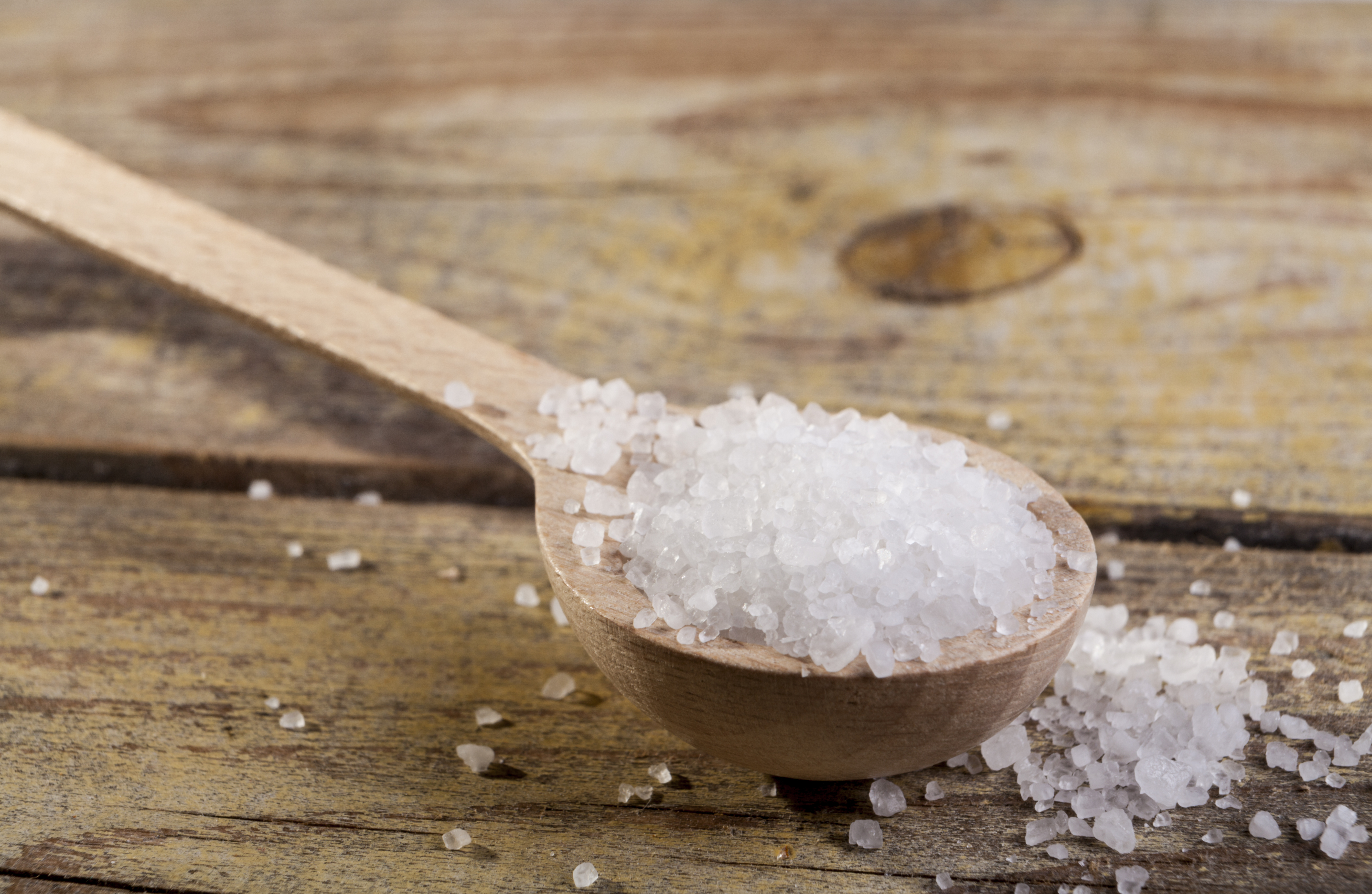What Happens When You Eat Processed Foods Daily
3. The Sodium Dilemma: Salt Overload and Its Consequences
Another significant issue with processed foods is their high sodium content, which is used to enhance flavor and preserve shelf life. Excessive sodium intake is linked to high blood pressure, a major risk factor for heart disease and stroke. Many processed foods contain more than half of the daily recommended sodium intake in a single serving, making it easy to consume too much without realizing it. This can lead to fluid retention, which causes bloating and discomfort, as well as increased strain on the heart and kidneys. By being mindful of sodium levels and choosing low-sodium alternatives, individuals can better manage their salt intake and protect their cardiovascular health.
4. The Fat Factor: Unhealthy Fats and Their Impact

Processed foods often contain unhealthy fats, such as trans fats and saturated fats, which can have detrimental effects on the body. Trans fats, in particular, are used to improve texture and extend shelf life but are known to increase bad cholesterol (LDL) levels while lowering good cholesterol (HDL) levels. This imbalance can lead to a higher risk of heart disease, stroke, and inflammation. Saturated fats, found in many processed meats and snacks, can also contribute to these health issues when consumed in excess. By opting for foods with healthier unsaturated fats, such as those found in nuts, seeds, and avocados, individuals can improve their lipid profiles and support heart health.
